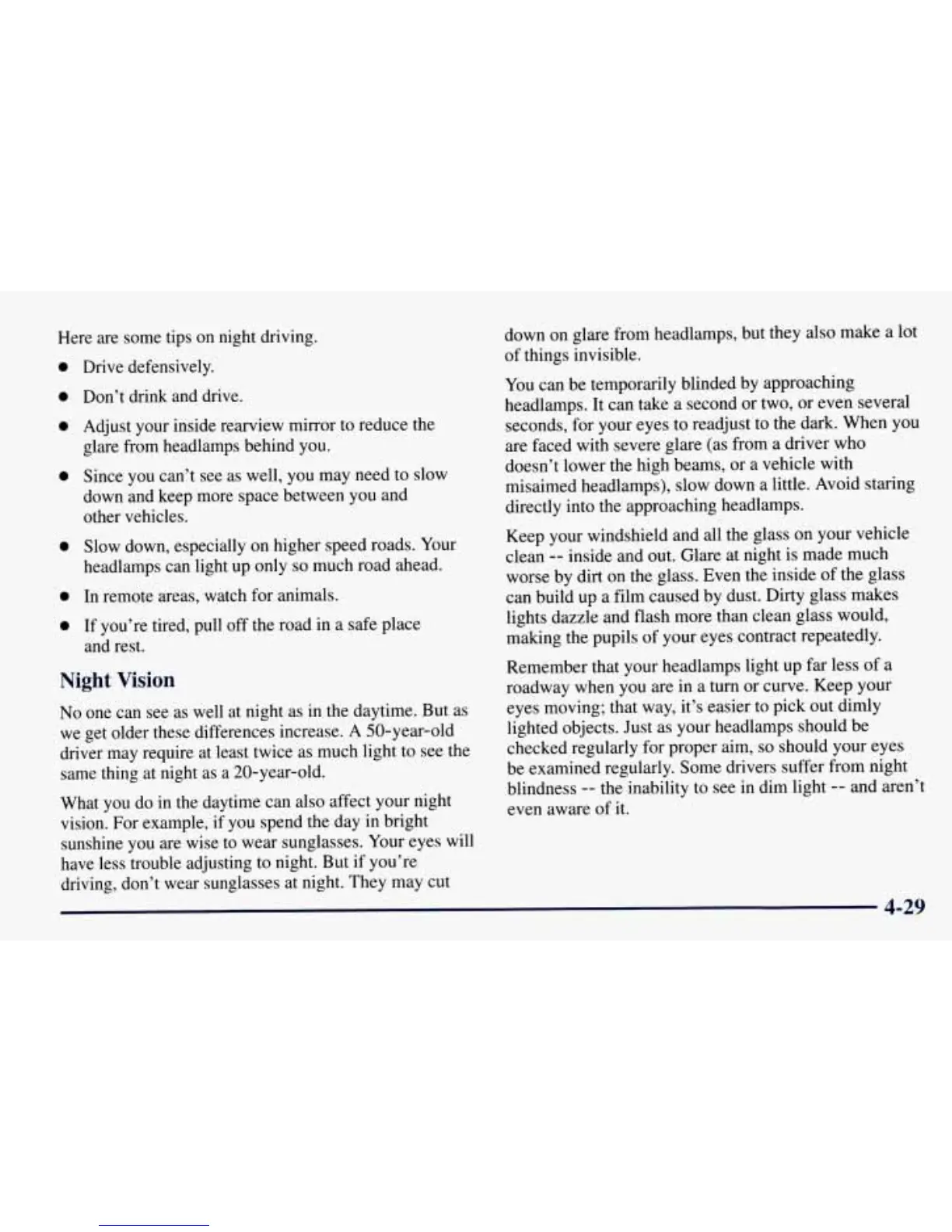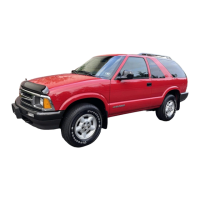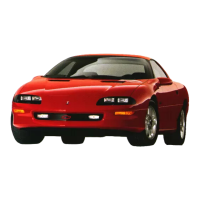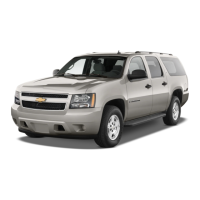Here are some tips on night driving.
0
0
0
0
0
0
0
Drive defensively.
Don’t drink and drive.
Adjust your inside rearview mirror to reduce the
glare from headlamps behind you.
Since you can’t see as well,
you
may need to slow
down and keep more space between you and
other vehicles.
Slow down, especially
on
higher speed roads. Your
headlamps can light up only
so
much road ahead.
In remote areas, watch for animals.
If
you’re tired, pull
off
the road in a safe place
and rest.
Night
Vision
No one can see as well at night as in the daytime. But as
we get older these differences increase. A 50-year-old
driver may require at least twice as much light to see the
same thing at night as a 20-year-old.
What you do
in
the daytime can also affect your night
vision. For example,
if
you spend the day in bright
sunshine you are wise to wear sunglasses. Your eyes will
have less trouble adjusting
to
night. But if you’re
driving, don’t wear sunglasses at night. They may cut
down
on
glare from headlamps, but they also make
a
lot
of
things invisible.
You can be temporarily blinded by approaching
headlamps. It can take a second or two, or even several
seconds, for your
eyes
to readjust to the dark. When
you
are faced with severe glare (as from a driver who
doesn’t lower the high beams, or a vehicle with
misaimed headlamps), slow down a little. Avoid staring
directly into the approaching headlamps.
Keep your windshield and all the glass on your vehicle
clean
--
inside and out. Glare at night is made much
worse by dirt on the glass. Even the inside of the glass
can build up a film caused by dust. Dirty glass makes
lights dazzle and flash more than clean glass would,
making the pupils of your eyes contract repeatedly.
Remember that your headlamps light up far less of a
roadway when you
are
in
a turn or curve. Keep your
eyes moving; that way, it’s easier to pick out dimly
lighted objects. Just as your headlamps should be
checked regularly for proper aim,
so
should your
eyes
be examined regularly. Some drivers suffer from night
blindness
--
the inability to see in dim light
--
and aren’t
even aware
of
it.

